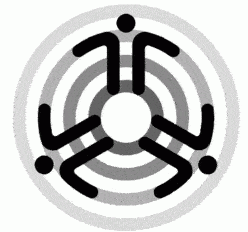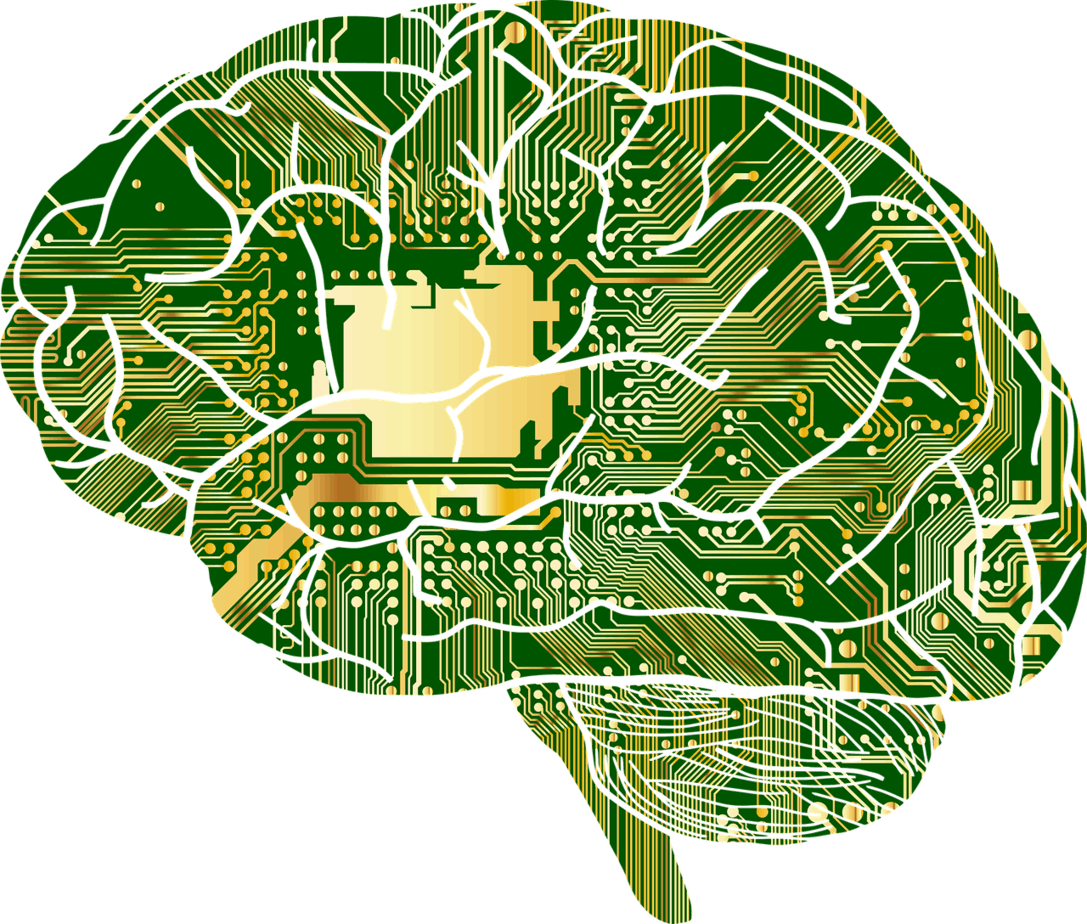In 2019, representatives from United Nations Educational, Scientific and Cultural Organization (UNESCO)’s member states decided to develop a global framework to guide the ethical development and application of Artificial Intelligence (AI).
Why is ethics crucial in the development of Artificial Intelligence? As Dafna Feinholz, Chief of the Bioethics and Ethics of Science Section of UNESCO notes in a 90 second video:
“Imagine a self-driving car with broken brakes going at full speed toward a grand-mother and a child.
If it deviates a little bit, one of them can be saved. Who would you choose, the grandmother or the child?
Do you think there is only one right answer? This is an example of a typical ethical dilemma,
to show how important ethics is when we develop technologies.”
A draft recommendation on the Ethics of Artificial Intelligence has been developed and member states at UNESCO’s General Conference in November 2021 will vote to adopt or ratify the Recommendation.
The objectives of this Draft Recommendation are:
“(a) to provide a universal framework of values, principles and actions to guide States in the formulation of their legislation, policies or other instruments regarding AI, consistent with international law;
(b) to guide the actions of individuals, groups, communities, institutions and private sector companies to ensure the embedding of ethics in all stages of the AI system life cycle;
(c) to protect, promote and respect human rights and fundamental freedoms, human dignity and equality, including gender equality; to safeguard the interests of present and future generations; to preserve the environment, biodiversity and ecosystems; and to respect cultural diversity in all stages of the AI system life cycle;
(d) to foster multi-stakeholder, multidisciplinary and pluralistic dialogue and consensus building about ethical issues relating to AI systems; and
(e) to promote equitable access to developments and knowledge in the field of AI and the sharing of benefits, with particular attention to the needs and contributions of LMICs [low- and middle-income countries], including LDCs [Least Developed Countries], LLDCs [Landlocked Developing Countries] and SIDS [Small Island Developing States].“
The Trinidad and Tobago Computer Society (TTCS) has been asked to give feedback to the Government of Trinidad and Tobago (GoRTT) on whether GoRTT should vote to adopt the UNESCO draft text of the recommendation on the ethics of Artificial Intelligence.
The draft text of the Recommendation on the Ethics of Artificial Intelligence can be found at
https://unesdoc.unesco.org/ark:/48223/pf0000377897 .
You can also read more about AI and Ethics at UNESCO’s Information Hub on Artificial Intelligence
What are your thoughts? If you are interested in this issue, please contact TTCS at [email protected]
Also, if these related policy issues which impacts ordinary users are of interest to you, please join the TTCS list at https://ttcs.tt/jointtcs


